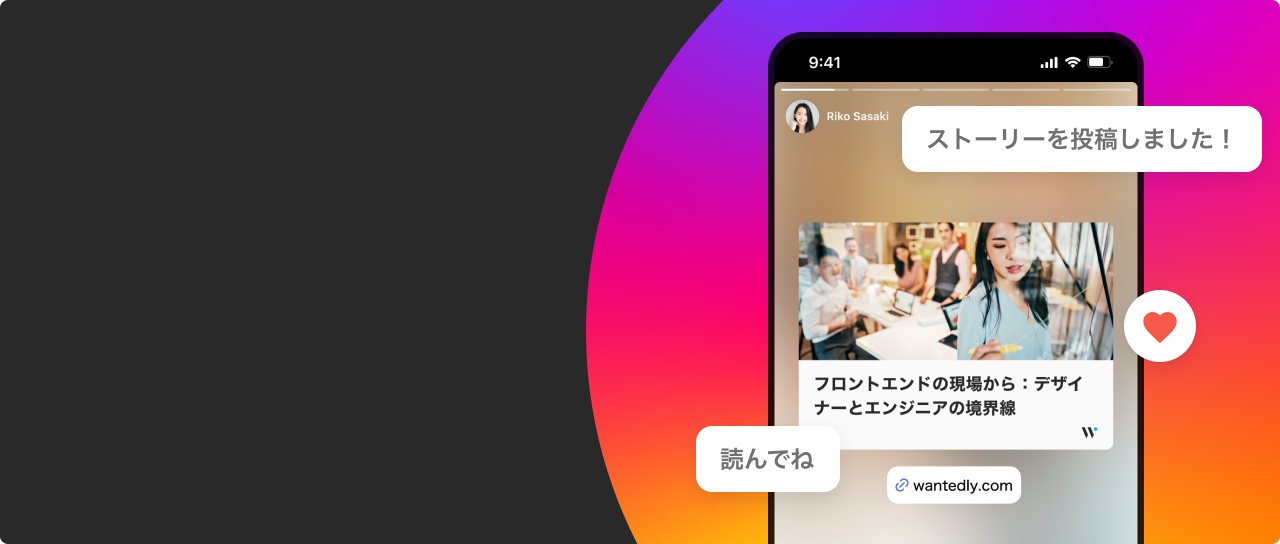From Corporate to Developer, Learning to Code Again- Haryati's Story
When we asked Haryati to share more about herself, it’s clear that she’s not the typical student you might see at a coding bootcamp.
As a self-proclaimed “true-blue” Singaporean, she hails from a mixed heritage of Boyanese, Indian, Chinese and Malay. She also is a mother of two teenage sons and 2 cats. In her spare time she enjoys cooking middle eastern dishes that were learnt from her husband’s Arab family, adding onto the “rojak” of backgrounds she has. But where did things start for her?
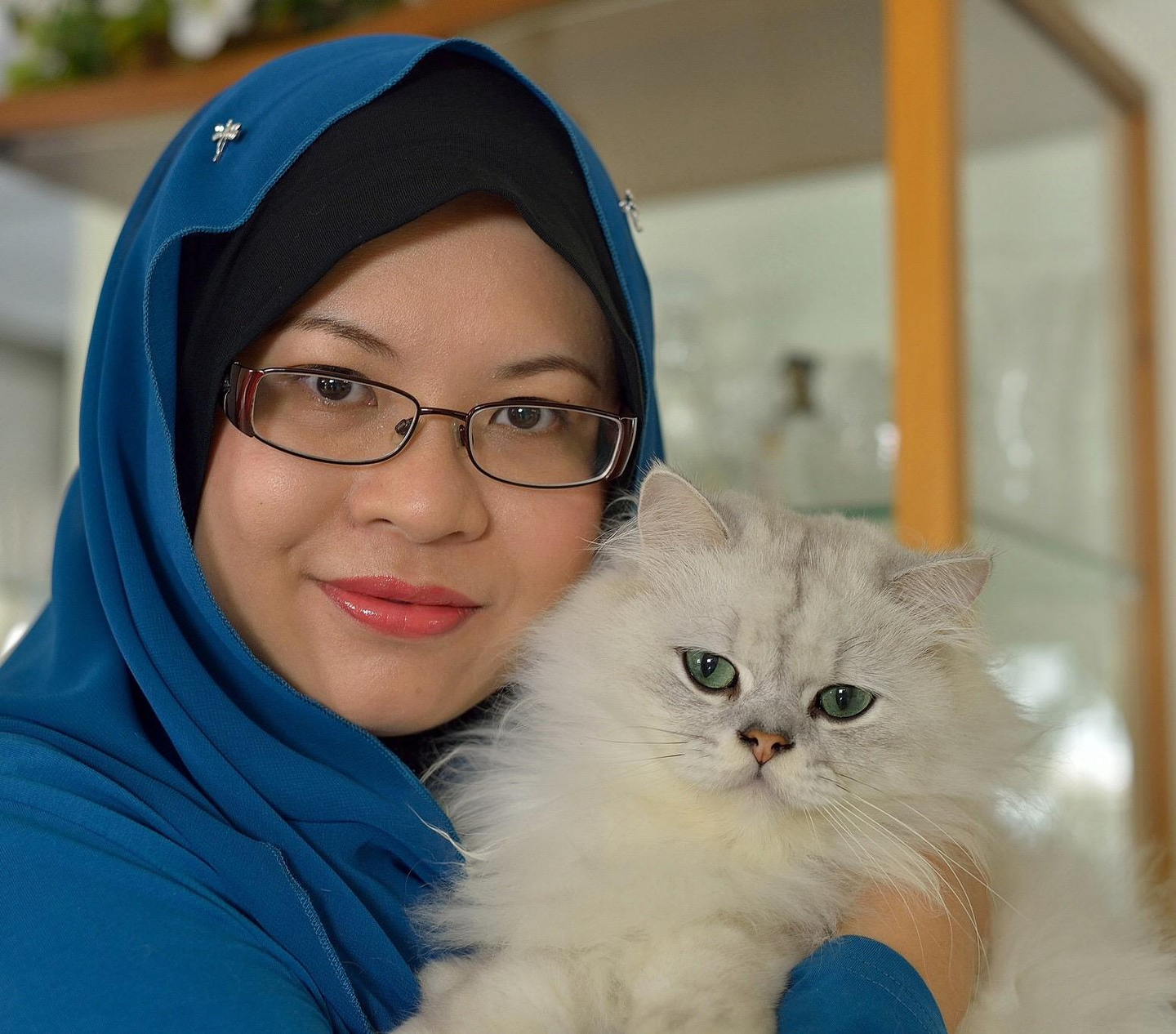
HH: My journey into tech started much earlier than most, back in the 80s my parents were aware of the nascent rise of the internet and encouraged me to take up computer science. Thankfully I fell in love with programming, I remember developing and selling my first software back then, a cashier system for a computer shop at Funan Centre, before I completed my diploma.
Haryati didn’t stop there as she pursued further education, graduating with a Masters in Technology, focusing on what we now know as machine learning. So how did she end up back in a coding course after nearly 20 years?
HH: After the initial few years, my tech career pivoted more towards corporate management and specializing in the non-profit sector. There is an immense sense of fulfillment to see your work benefitting the under-served and low-tech communities. As the technological demands grew more complex, even in the charities sector, the lack of good software expertise becomes apparent.
“At the same time, I missed coding, full stop. And after working for 20 years in financial governance and auditing, I really wanted to do something I liked.’
Though I had a computer science background, my education was way too long ago and there have been so many changes in the standards and practices today, I felt that I could not contribute effectively and professionally if I did not equip myself with the modern skillsets.
She proceeded to try and get back into the swing of things, first with YouTube tutorials and then short courses both online and in—person, but in her own words, they were just not good enough.
HH: I needed a more guided and experiential learning process, and Trent gave me that structure. I was aware of tech bootcamps happening overseas and was glad to find local ones subsidized by IMDA. I did my research on the curriculums and what drew me was the coverage of algorithms and data structures (which are important concepts in computer science) as well as react and angular which fits the bill for a web application developer today.
A short call and application later, Haryati found herself in the midst of our full-time bootcamp! Now, we’ve all heard of the common challenges our students face, in terms of time management and workload, but Haryati took things to another level when she decided to go into the bootcamp whilst still completing her Masters.
HH: Crazily enough, I enrolled into the bootcamp while still undergoing another Masters in Business Administration (MBA) program. During this period, I spent a large portion of it going to Trent classes on weekdays and working on my MBA’s capstone project and exams on weekends. It was pure madness! But having invested and sacrificed so much I was determined to complete them both. At one point I was put under quarantine order due to potential exposure to a COVID-19 case. Trent was able to adjust our classes to be hybrid, so that I could still attend classes virtually. And with every set of challenges, we usually see that a support structure is the key to overcoming these obstacles for our graduates, and Haryati’s journey would not have been complete without the community of those around her and within the school.
HH: I am very lucky to have my family, especially my husband, who fully supports my journey and transition into the bootcamp. They made sure that my snack jars were full just before they went to bed, while I continued to code into the night. My fellow bootcamp mates also rock!
“Having buddies facing the same challenges and embarking on a career switch together increased the camaraderie among us, during lunch breaks we often shared about our diverse experiences and cultures.’
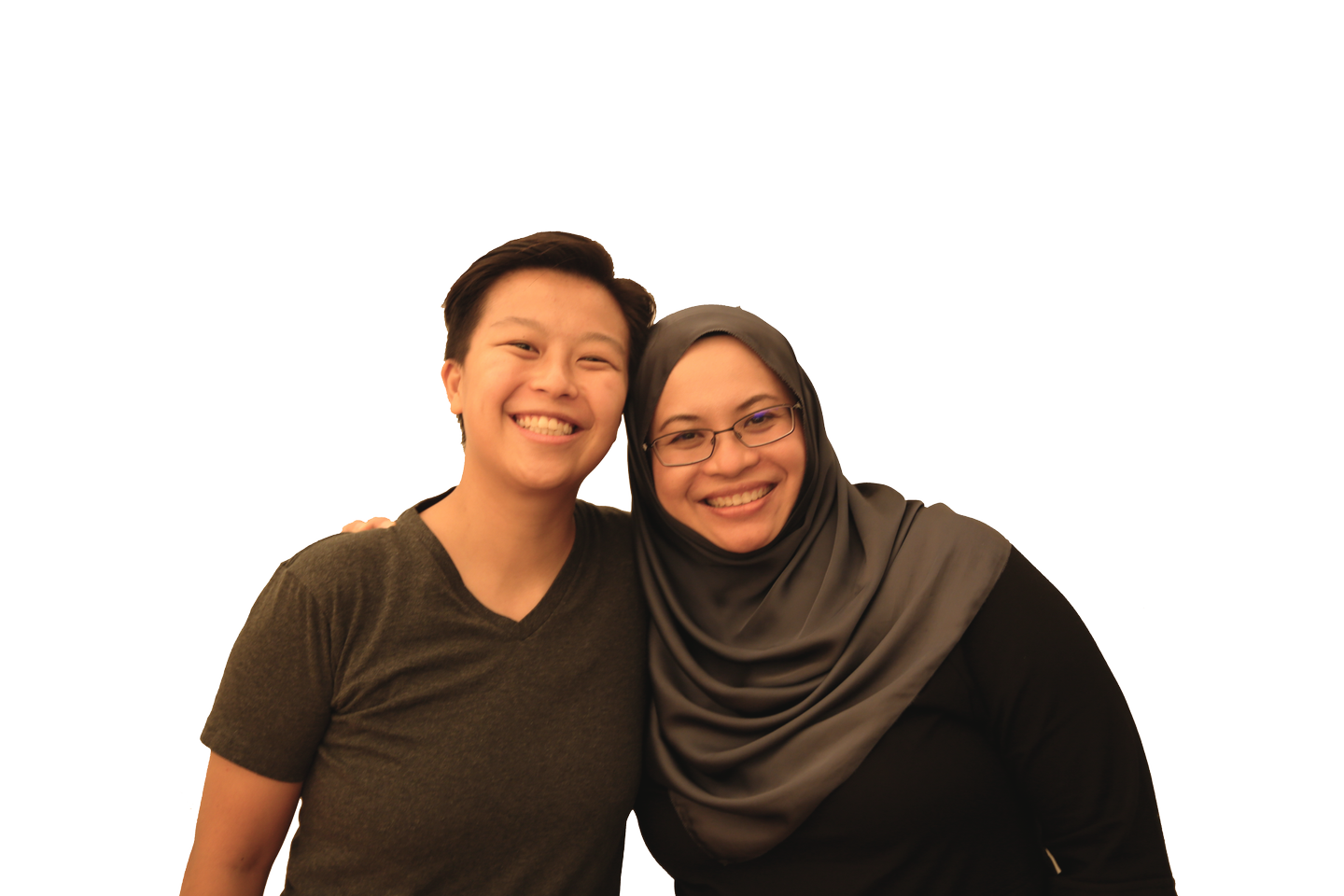
I also want to credit our teaching assistants! They were very patient with our naïve questions and gave useful tips for beginners, having gone through similar programs like us.
As with all of our students, Haryati settled into the work at hand with individual projects, presentations and code reviews that were the key milestones across the bootcamp. Though some of the results weren’t to her expectations, she highlights that these were ultimately learning points and helped her to become a better programmer. She shared on how her projects served as more than just an assessment for her, turning into digital keepsakes.
HH: Most software developer interviews have coding tests or mini projects that can be tough for newbies. We were coached on these technical interviews by experienced tech recruiters and software engineers. A key takeaway was that showcasing our full-stack projects can really improve our chances during these interviews, and I greatly benefited from that.
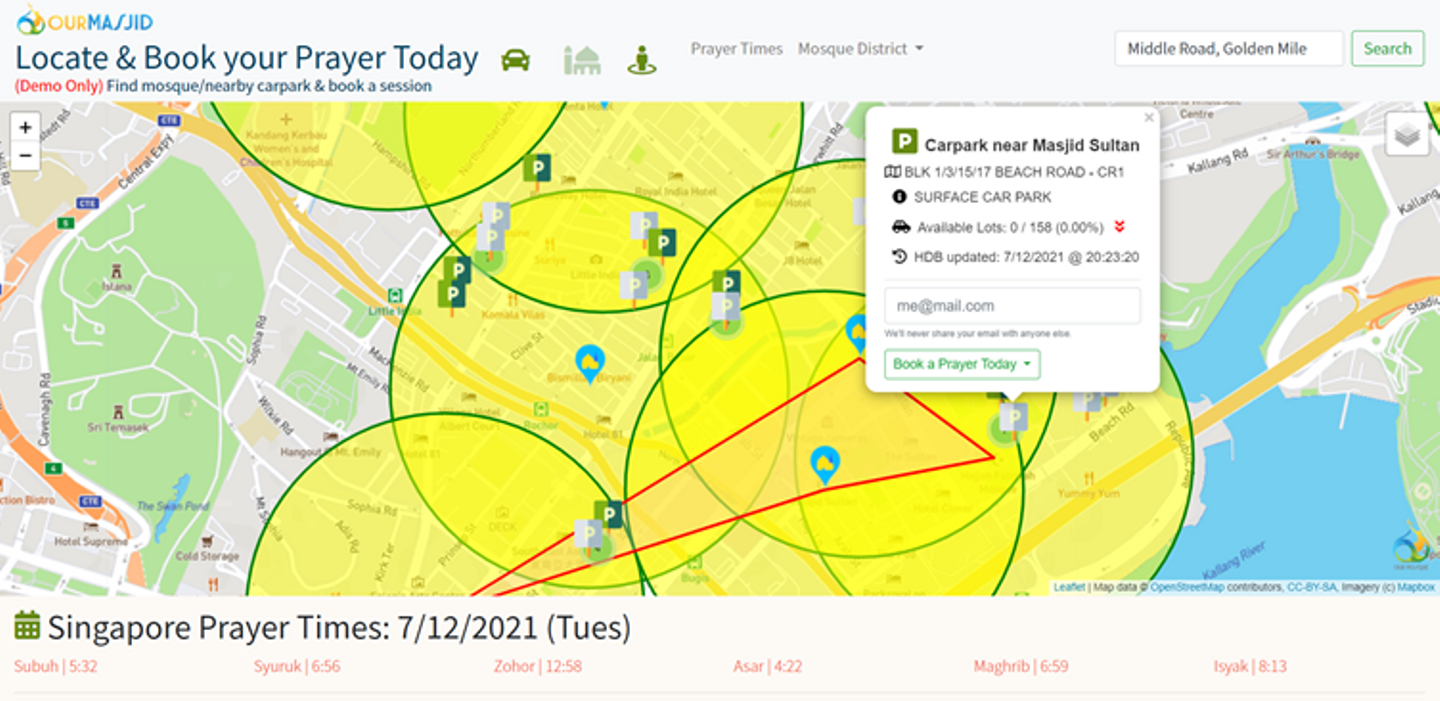
OurMasjidSG | Book a Prayer |Find out more about her project here: (mosque-prayer-booking.netlify.app)
Description: A web app to find available carparks nearby mosques with a demo booking of a mosque prayer slot (during Covid-19 circuit breaker measures). As she recounts her journey with us, she summarized her journey positively.
HH: As a mature student with a computer science background, I came into Trent’s bootcamp thinking I could easily ace this program. Instead, I found myself studying much harder and appreciating software developers even more. The sheer advancement of modern web technologies has made me realize that there is so much more to learn and wanting to experience it further professionally but using the tech for good.
If you can, try out coding as a profession at least for a year or so, if you can see your own system “go live” and be used by others, you may find it as rewarding as I did! There are also many branches of computer science today, do your due diligence and maybe even short courses with industry experts who can share their insights before diving in.
Lastly, a career in tech means continuous upskilling is a necessity, be prepared for it.
We are happy to see Haryati’s coding journey beginning again, and we can’t wait to see how she will end up shaping the communities at large with her new skills.


/assets/images/5933614/original/91b8259e-f752-4584-961a-46829e43aac1?1647231529)


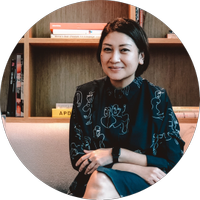

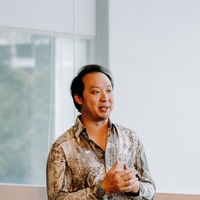
/assets/images/5933614/original/91b8259e-f752-4584-961a-46829e43aac1?1647231529)

